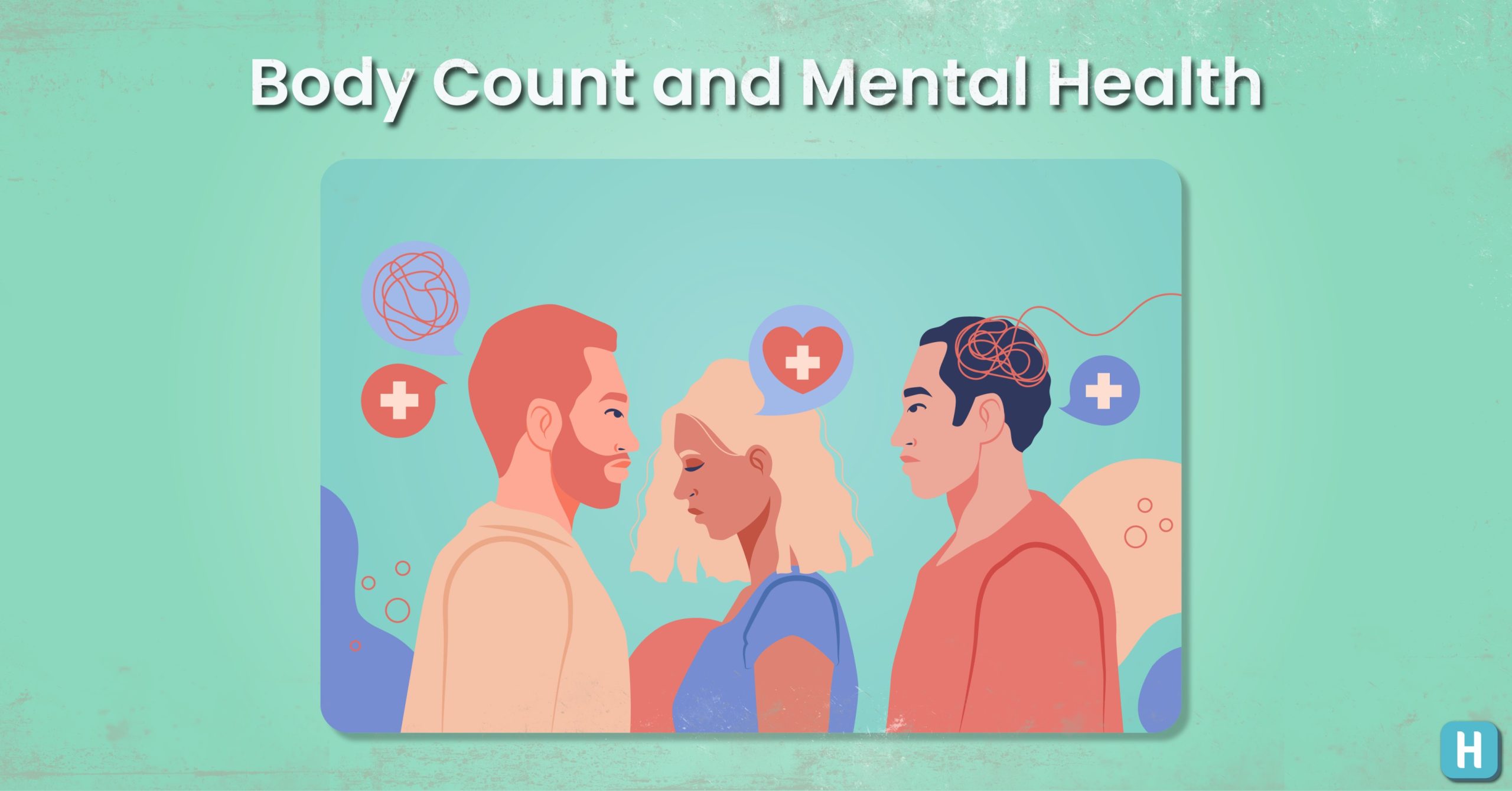Okay, let’s be real for a minute. We’ve all heard the term “body count” thrown around, maybe in a movie, a song, or even a casual conversation. But have you ever stopped to think about what it really means? It’s not just a number, right? It’s about the choices we make about relationships and how those choices might affect how we feel. It’s a topic that often causes arguments and can make people feel judged, but it’s important to talk about it openly and honestly.
What Does “Body Count” Even Mean?
“Body count” is a way to describe the number of people someone has had sexual relationships with. It’s a topic that often causes arguments and can make people feel judged. But let’s be clear: everyone’s romantic history is unique and personal. There’s no right or wrong answer, and judging someone based on their “body count” is never okay.
Can “Body Count” Affect Our Mental Health?
Now, let’s get to the heart of the matter: can “body count” affect how we feel? It’s not a simple yes or no answer. Research shows there’s a connection between how we behave in relationships and our mental well-being, but it’s not always simple.
Men and Women: Different Experiences, Different Outcomes
Studies show that men and women might experience different things related to their romantic history. For example, some research suggests that men who have casual relationships might be more likely to feel sad or anxious. This could be because of pressure on men to be sexually active or because they might feel emotionally detached in casual relationships.

On the other hand, women who have had multiple partners might be more likely to experience emotional distress, especially if they’ve had negative or traumatic experiences. This shows that women’s experiences with relationships can be more complex and might make them more vulnerable to emotional problems.
Understanding Our Choices
The way we feel after having multiple partners can vary a lot depending on our individual circumstances and why we made those choices. For some, casual relationships can be freeing and empowering, while for others, it can lead to guilt, shame, or feeling disconnected from their values.
Promiscuity and Mental Health: It’s Not a One-Way Street
It’s important to understand that being promiscuous (having a lot of sexual partners) isn’t a mental illness. However, it can sometimes be a sign of other mental health problems like depression, anxiety, or substance abuse. If you’re struggling with these issues, it’s important to seek professional help.
The “Red Pill” Concept: A Cautionary Tale
You might have heard of the “Red Pill” concept, often associated with online communities. It promotes a particular way of thinking about relationships and gender roles. It often focuses on the perceived disadvantages men face in modern dating and encourages a cynical view of women. While it’s important to acknowledge that men do face certain challenges in relationships, the “Red Pill” ideology can be harmful and perpetuate negative stereotypes. It’s crucial to approach these concepts with a critical eye and avoid falling into harmful generalizations.
Spiritual Side Effects: When Values Clash

For some individuals, having multiple partners can lead to feelings of guilt, shame, or a disconnect from their spiritual values. This is particularly true for individuals who hold strong religious or moral beliefs about relationships.
Depression in Men vs. Women: A Look at the Statistics
While depression is a common mental health issue affecting both men and women, statistics show that women are more likely to be diagnosed with depression. This disparity could be attributed to a combination of factors, including societal pressures on women to suppress their emotions, as well as differences in how men and women experience and express depression.
The Importance of Open Communication and Self-Reflection
It’s important to have open and honest conversations about relationships and how they affect our mental health. Talking to trusted friends, family members, or mental health professionals can help us understand our own feelings and make informed choices. It’s also essential to engage in self-reflection and consider how our actions align with our values.
The Power of Choice and Self-Care
Ultimately, the decisions we make about our romantic lives are personal. It’s important to prioritize our mental well-being and make choices that align with our values and goals. If we’re struggling with guilt, shame, or other negative emotions, it’s crucial to seek support and guidance.
Remember, everyone is different, and what works for one person might not work for another. If you’re struggling with mental health issues, it’s important to talk to a mental health professional.
Being open and honest conversations, practicing self-reflection, and prioritizing our mental health, we can handle the complexities of relationships in a way that promotes well-being and respect for ourselves and others.
If you’re struggling with mental health issues related to relationships or sexuality, please reach out for help. You’re not alone. Our mental health professionals at Helply would be more than happy to help you out.

